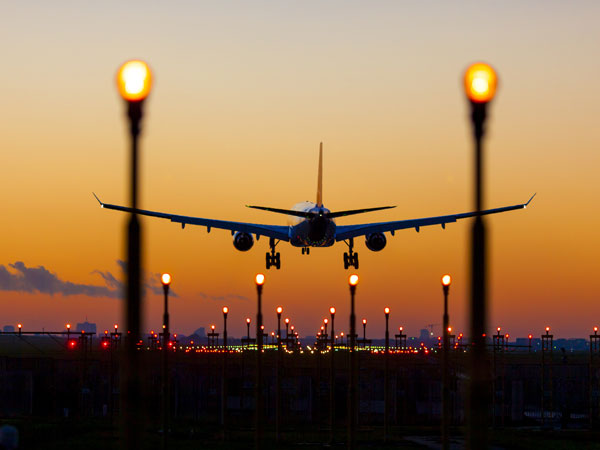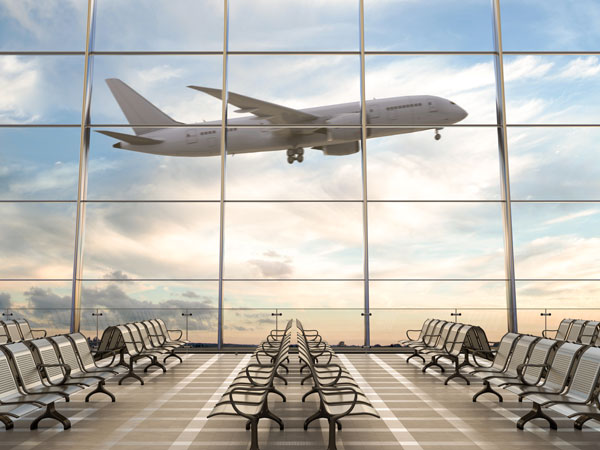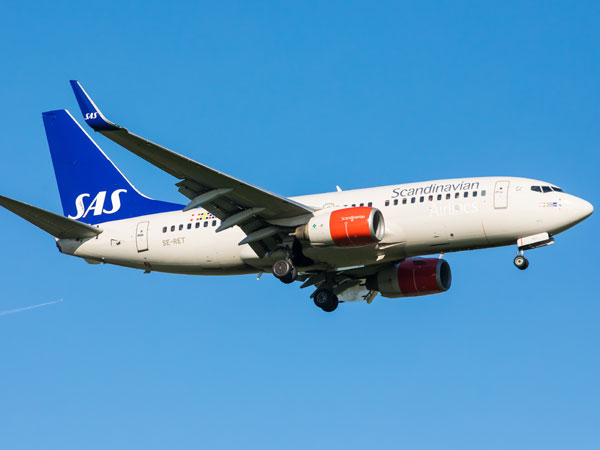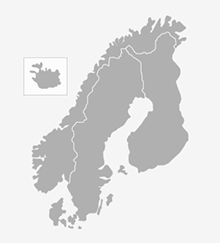After Norwegian airlines got access to the European aviation market cabin crew have become a low-paid occupational group.
As a result of the EU/EC’s three aviation packages in 1986, 1990 and 1992, the EEA area became a common aviation area with harmonized regulation. Through its EEA agreement, Norway gained access to the EU aviation market on an equal footing with all EU countries. Liberalization led to a strong growth in scheduled services, freight and passenger transport, as well as cheaper tickets and the establishment of more low-cost airlines. A new report from the Institute of Transport Economics has looked into how this effected conditions for Norwegian aviation employees.

Although the report shows that the majority who work in aviation in Norway and in Europe have direct employment, more people work without being directly employed in the company they work for and thus have atypical form of employment. Increased proportion of atypical employment contributes to challenging conditions for employees legally and puts pressure on pay and working conditions for all. In addition, several European studies and our interview data show that atypical employment might have a negative effect on air safety.
Airlines are split up and re-organized. Through “regulatory shopping” across national borders, airlines put pressure on other airlines to do the same in order not to fall behind in the competition for customers. Consequently, the industry needs better regulations and better control at national, Nordic and EU level.

Liberalization has led to lower wages for cabin crew
In spite of having lost in wage growth compared to average industrial workers in the last two decades, on average the pilots in Norway still have very solid wages and are one of the job categories that earn the most.
Cabin crew, on the other hand, have gone from being a relatively well-paid to a low-paid occupational group. The fact that a great number of cabin crew work part-time also has a negative effect on their financial situation.
According to Norwegian surveys and research interviews in this report, both pilots and cabin crew experience demanding shifts and report a lot of health problems compared to other occupational groups. Working in aviation puts a strain on family life for many. A great amount also report that they have a bad relationship with their employer.

Measures to improve conditions for employees and companies
The study recommends a number of measures to better regulate the company structures in aviation and implement better control at national, Nordic and EU level. These include:
- Change requirements for public procurement. Do not allow collaboration to win public tenders. Introduce an Oslo / Norway model for public tenders.
- Implement a benchmark index or a generalization of tariffs or produce a nationwide tariff agreement between the main organizations for the pilots and the cabin crew and NHO Aviation.
- Cooperate with the other Nordic countries to improve working conditions both in the Nordic region and in Europe. This may include; the aviation inspectors to use common methods to uncover anti-social conditions, share data, work for a common understanding and application of law, generalize tariffs, implement an Oslo / Norway model, implement collective redress law and Nordic Ecolabelling of airlines.
- Set stronger requirements in the tenders for the FOT routes where wage and working conditions are set in accordance with a generalized collective agreement or benchmark index, make tender winners establish a local base, make sure at least one employee on each flight speaks Norwegian, and set a maximum working hours limit at 10 hours a day.
- Strengthen the supervisory authority and knowledge of the Civil Aviation Authority through increased resources, ensure that, among other things, all employees on “Norwegian” domestic routes receive work and HSE supervision, and establish a Norwegian national center for aviation research.
- Improve Norwegian legislation for employees in the aviation sector by defining the terms home base and operational base, prevent atypical employment situations, and establish a strategy to prevent incorrect use of self-employed.
- Work for various measures at EU level, including reducing the maximum permitted working hours from 14 to 10 hours a day, continuing the work against social dumping in aviation and following new developments and issues.
Text: Hanne Sparre-Enger/TØI
Read more:
Inga Margrete Ydersbond (2022). The organization of the Norwegian aviation sector in a European context. TØI report 1869/2022. (In Norwegian, with a summary in English.)
Contact:

Inga Margrete Ydersbond
imy@toi.no
TØI Institute of Transport Economics, Norway






Follow us: